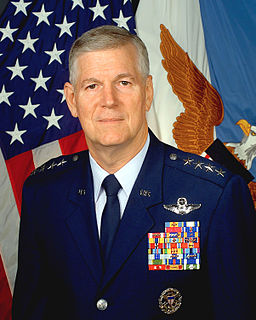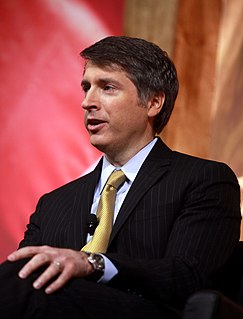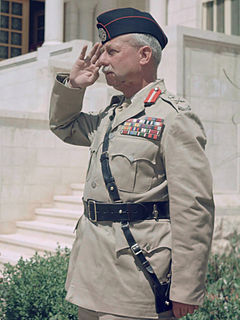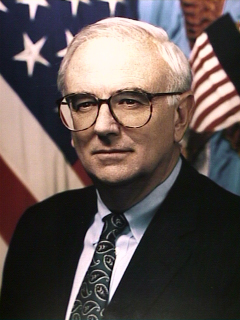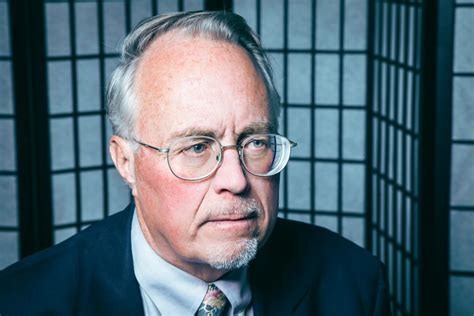A Quote by Michael Hastings
The first time I met President Obama was 2006 in Baghdad. He was the senator from Illinois; it was a month before he actually ended up declaring. He had to come to Baghdad to kind of check that box, and I was the correspondent for 'Newsweek' at the time.
Related Quotes
I remember clearly the afternoon I sat down with Obama. In December 2006, he was preparing for a family trip, and the decision to run weighed heavily on his mind. As a progressive member of Congress from Illinois, I was excited and energized by the prospect of my senator, and my friend, running for president.
By Mamun's time medical schools were extremely active in Baghdad. The first free public hospital was opened in Baghdad during the Caliphate of Haroon-ar-Rashid. As the system developed, physicians and surgeons were appointed who gave lectures to medical students and issued diplomas to those who were considered qualified to practice. The first hospital in Egypt was opened in 872 AD and thereafter public hospitals sprang up all over the empire from Spain and the Maghrib to Persia.
I think that were I in the middle of an obsession to write about, say, sudden oak death in California or my grandchildren or time and memory and how they look when you get to be in your sixties, and I thought, "Well, yes but people are dying every day in Baghdad," I wouldn't feel guilty about not writing about Baghdad if I didn't have any good ideas about how to write about it.
I mean, all of these things that [Bashar Assad] has done, there's no way even if President Obama wanted to just play along that you could actually achieve peace, because there are 65 million Sunni in between Baghdad and the border of Turkey, Syria, and Iraq, who will never, ever again accept Assad as a member - as a legitimate leader.


